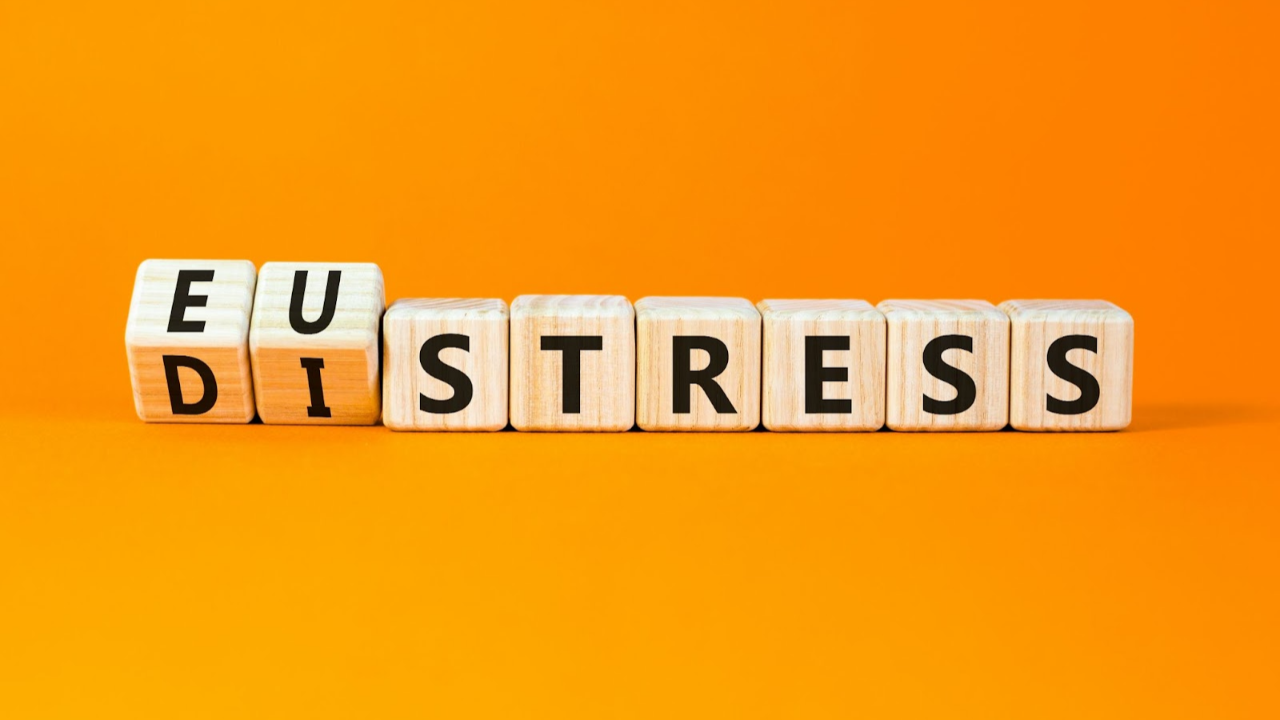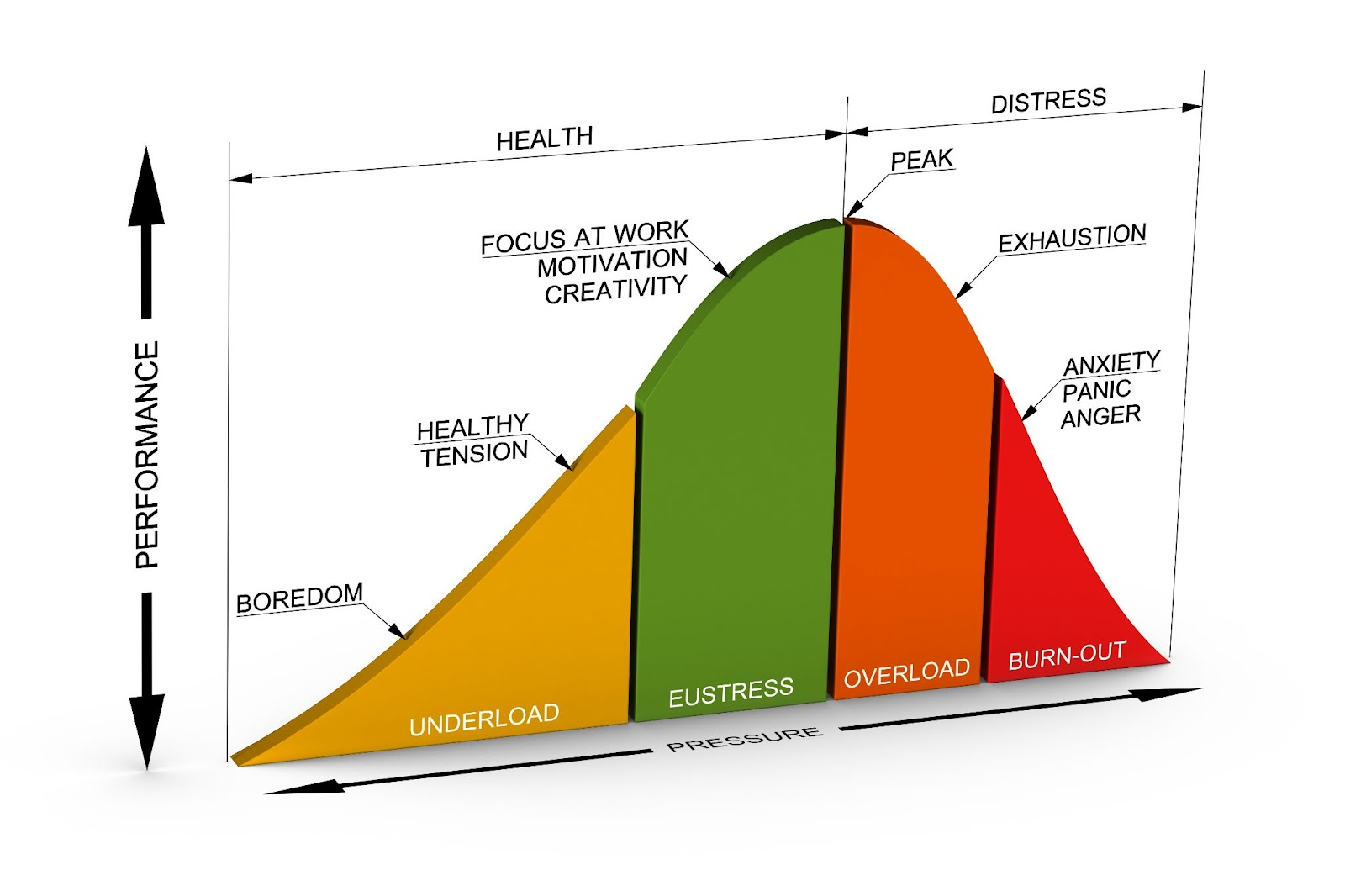Fact or fiction? Stress can be good for you!

April is Stress Awareness Month, so I wanted to spend a little time thinking with you about stress so you can be more aware of it (notice that it’s stress “awareness” month, not just stress “management” month.)
What is the definition of stress?
There are several interesting ones:
Cleveland Clinic: “Stress is a normal reaction the body has when changes occur, resulting in physical, emotional and intellectual responses.”
World Health Organization: “Stress is a natural human response that prompts us to address challenges and threats in our lives. Everyone experiences stress to some degree. The way we respond to stress, however, makes a big difference to our overall well-being.”
American Psychological Association (APA): “Stress is a normal reaction to everyday pressures, but can become unhealthy when it upsets your day-to-day functioning. Stress involves changes affecting nearly every system of the body, influencing how people feel and behave.”
Do you see the theme? Normal. Natural.
Stress is a “normal” and “natural” human response to changes in our environment and pressures we encounter.
But, as the APA says, “the way we respond to stress, however, makes a bit difference to our overall well-being.”
One of my most popular presentations is called “Eustress: The Upside of Stress.” In it, I explain how not all stress is bad for us. In fact, so much of our experience of stress is directly tied to our thoughts about it.
In fact, performance and sense of “flow” is at its peak when we have some level of stress. I always share this graphic showing how “eustress” (“good stress”) leads to peak performance. As our stress increases - to a point - our performance also increases.

But beyond that beautiful point of peak performance at the top of the curve, the level of stress becomes too much. It overloads our capabilities, and it leads to a precipitous fall into overload and, ultimately, into burnout.
In that green area of the curve (in “eustress”), we feel focused, motivated, and at our creative best. That’s because our bodies and brains are built to deal with some stress - but not too much, too intensely, or too frequently.
In fact, studies show that “those who believe stress is helpful are better able to use stress to improve their performance, health, and growth compared to those who believe stress is harmful. In a study of 174 Navy SEAL candidates, those who believed stress was helpful had faster obstacle course times, were more highly rated by leaders and peers, and lasted in the program longer than those who believed stress is harmful.” (You can read more HERE).
So remember that stress isn’t always the enemy – too much stress, too often, and at too high of an intensity is the problem. And when that happens, it’s time to use stress management techniques to make sure you don’t fall over the top of the curve into distress or burnout.
If you want to geek out on the topic of eustress, check out Kelly McGonigal’s book or video on the topic or even this more scientific article (“Optimizing Stress: An Integrated Intervention for Regulating Stress Responses”).
Here’s to the positive stress that puts you into a state of flow and focus!

